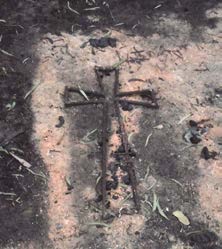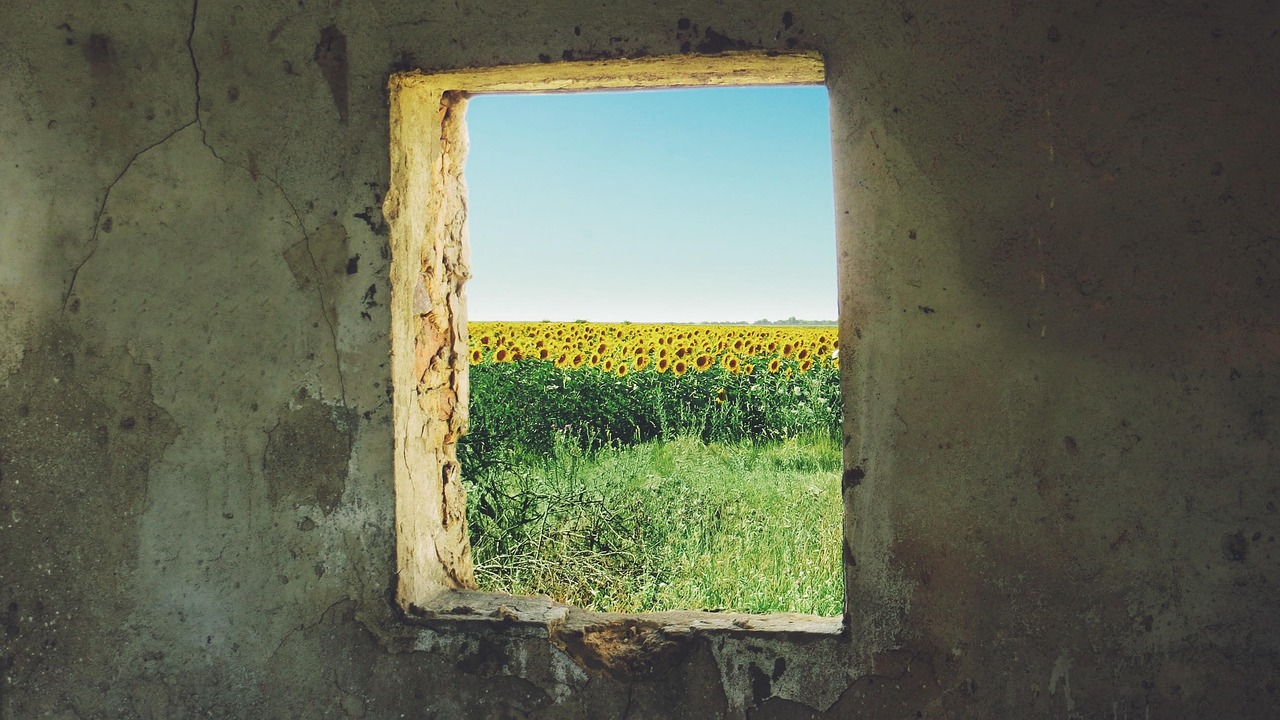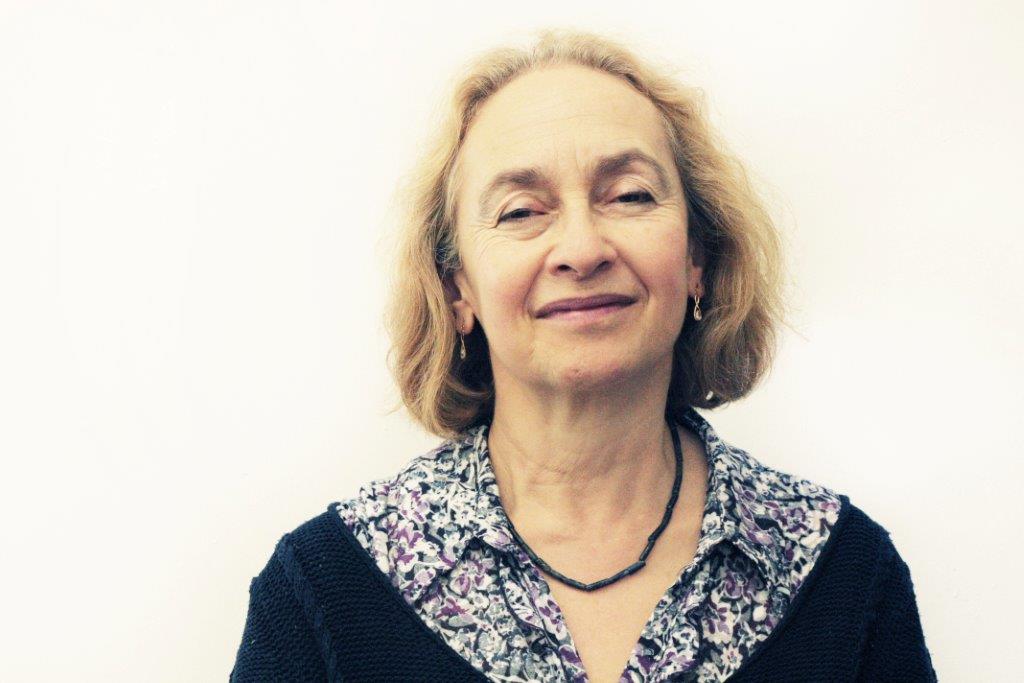By Linda Chapman
How are we to live in this broken world? I hesitate to suggest that the Black Summer fire crisis could have a purifying, simplifying effect if we are awake to it. I hesitate because I in no way want nature to be paying this price of our possible awakening. She does not deserve this. On the other hand, if we are not to wake up because of this calamitous crisis then the cost will be very much higher.
Reflecting on living through these days of fire, I’m conscious that the practice of meditation integrated into daily life has proven to be significant at such a time. And, just as the fire threats grow and recede so our thoughts become insistent and demanding or spacious and quiet in turn as we practice meditation. Like the southerly that came the day fire was closest to our home, and cleared the sky within minutes, so we may suddenly find a clear space open within. We can neither control the wind nor the Spirit.
Meditation is not a theory or an idea. It’s a practice that, when lived, enables us in times of ease as well as times of crisis. The practice of meditation is a grounding and stabilising influence. At times of acute crisis it can enable some equilibrium. It must never become a soporific. The bushfire crisis in Australia, or as one journalist has called it the pyro-hydro-climate crisis, is an international catastrophe. Many are extremely angry and despair of any possibility of the kind of immediate policy our government needs to enact to reduce car-bon emissions. Anger can energise action. Jesus’ response to the injustice and exploitation of the Temple moneychangers led to his turning of their tables. As a community we need to do the same.
A contemplative response is measured and spiritually intelligent but no less insistent than any form of activist protest. The times in which we are living demand radical action. Come what may though, if we lose our capacity for love, then we forfeit our Christian vocation and identity. We can only live in this broken world as truly human beings when we act with truthful and courageous love for the common good. Contemplative consciousness is clear-sighted, compassionate and wise. In a country such as ours, where the politics of coal and climate has been so polarised and toxic, the discipline of contemplative practice seems vitally important.
The daily practice meditation is like a filter through which we can allow our own toxic thoughts and feelings to become transformed into energy for that action. We would be foolish to think that the climate crisis has also receded. The image of the cross burnt into the ground after the fire swept though is a haunting reminder that the earth is being crucified. We must keep our attention on what needs to be done.
COP26 & WCCM

Glasgow is preparing to host the vital COP26 Climate Change Conference from the 31st of October to the 12th of November.
Postponed from last year because of COVID, it is now even more urgent that the international delegates negotiate with their focus on the needs of the whole world, and take fully into account those communities already suffering. All information about WCCM events before and during the conference will be provided, including online meditations and talks. To learn details on how you can get involved and to get updates, visit the WCCM Outreach page on Nature and the Environment.
Quarterly Newsletter
This article is part of the August issue of the WCCM Quarterly Newsletter.
Read and download the full issue here.
Logo image source: UK COP26 website





